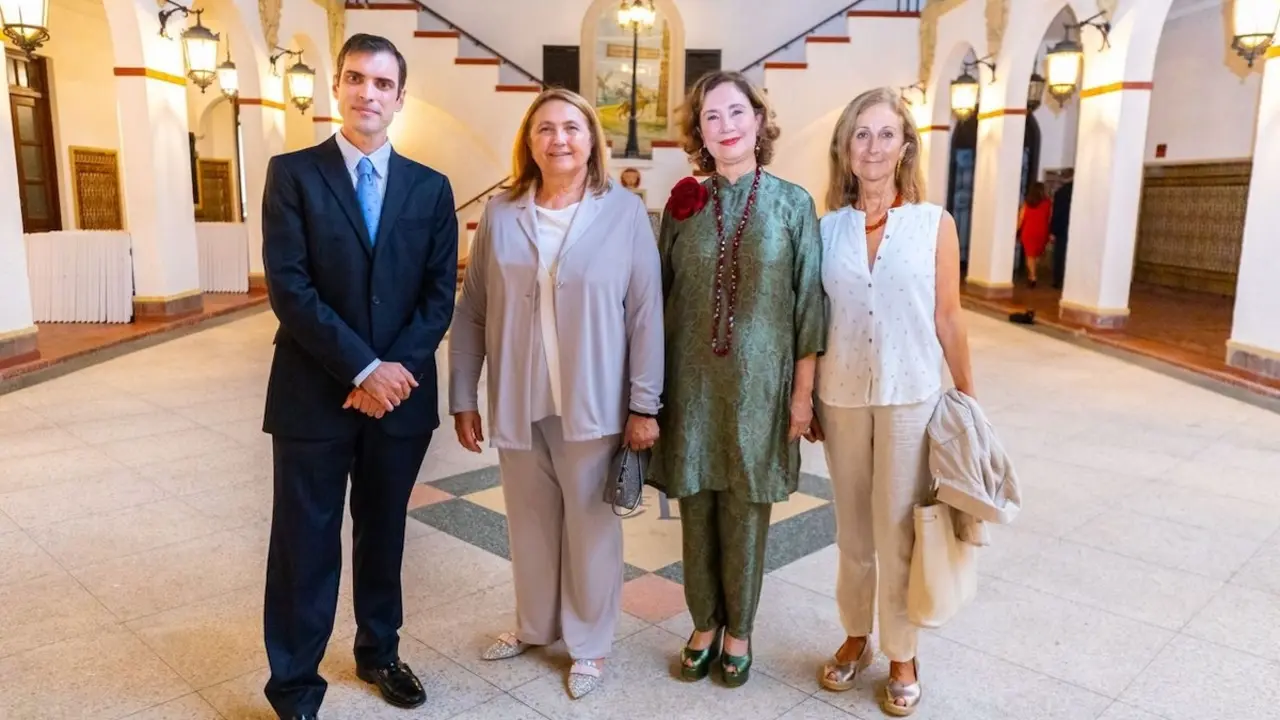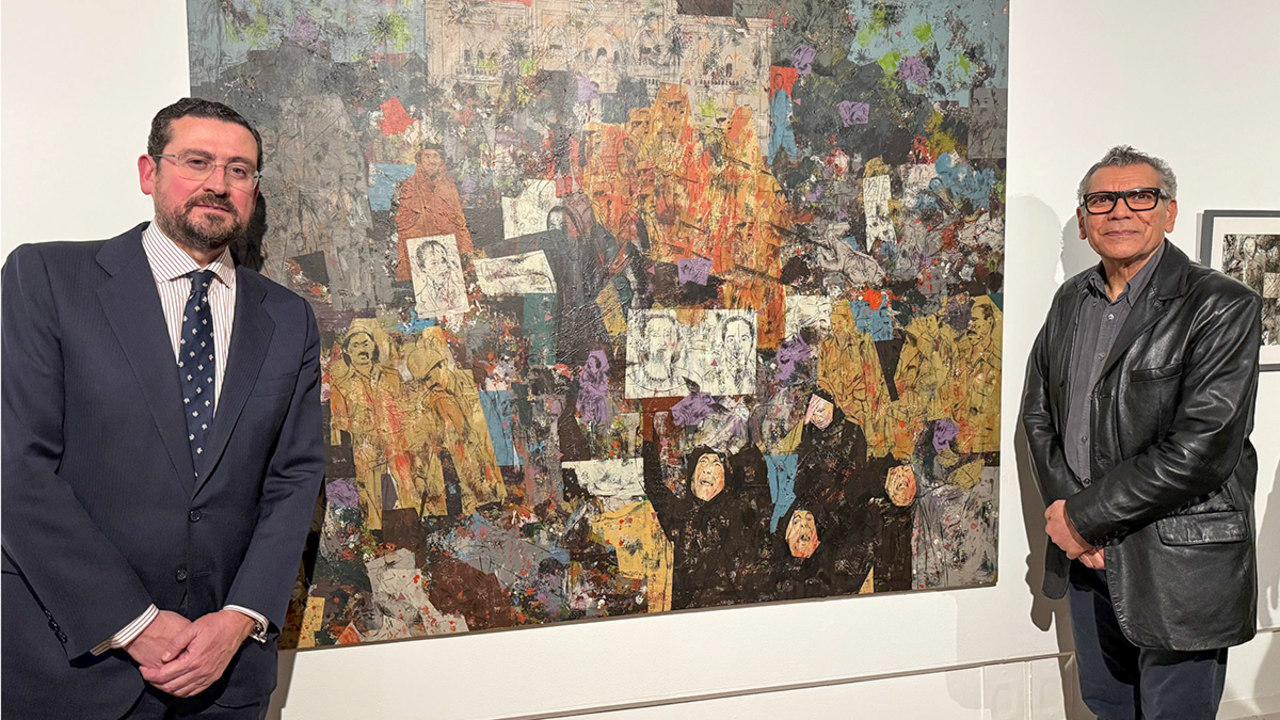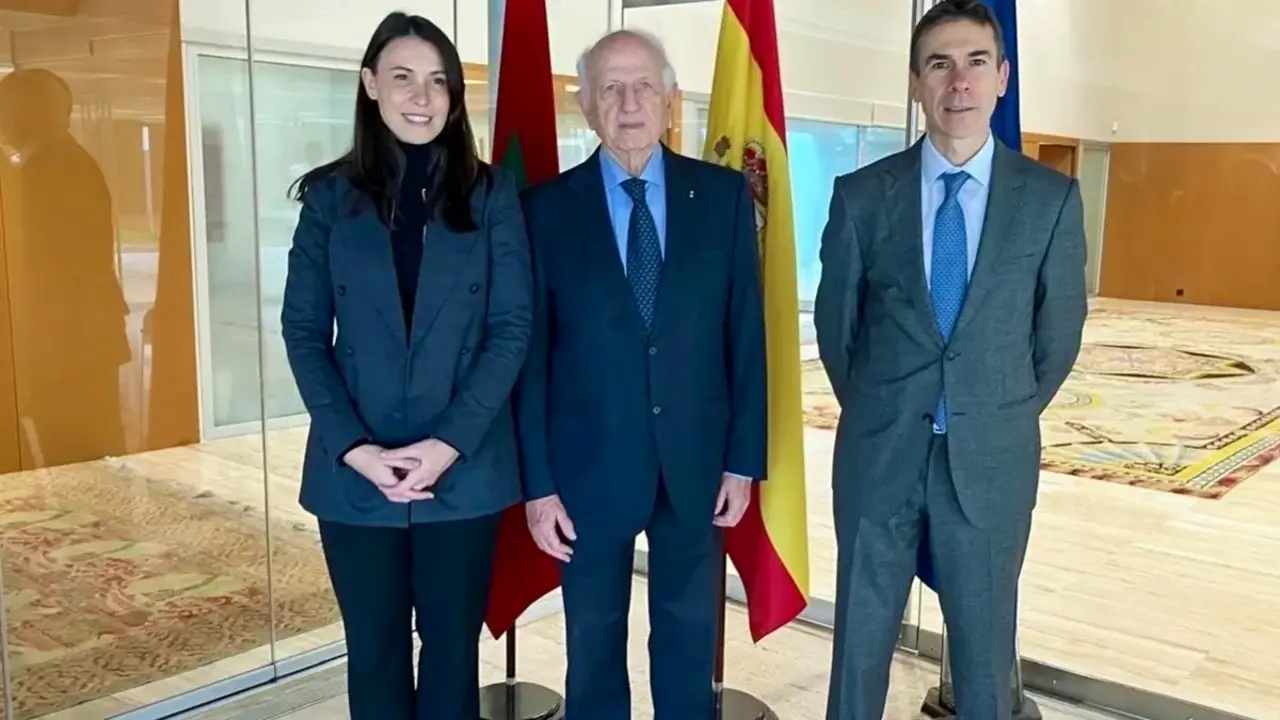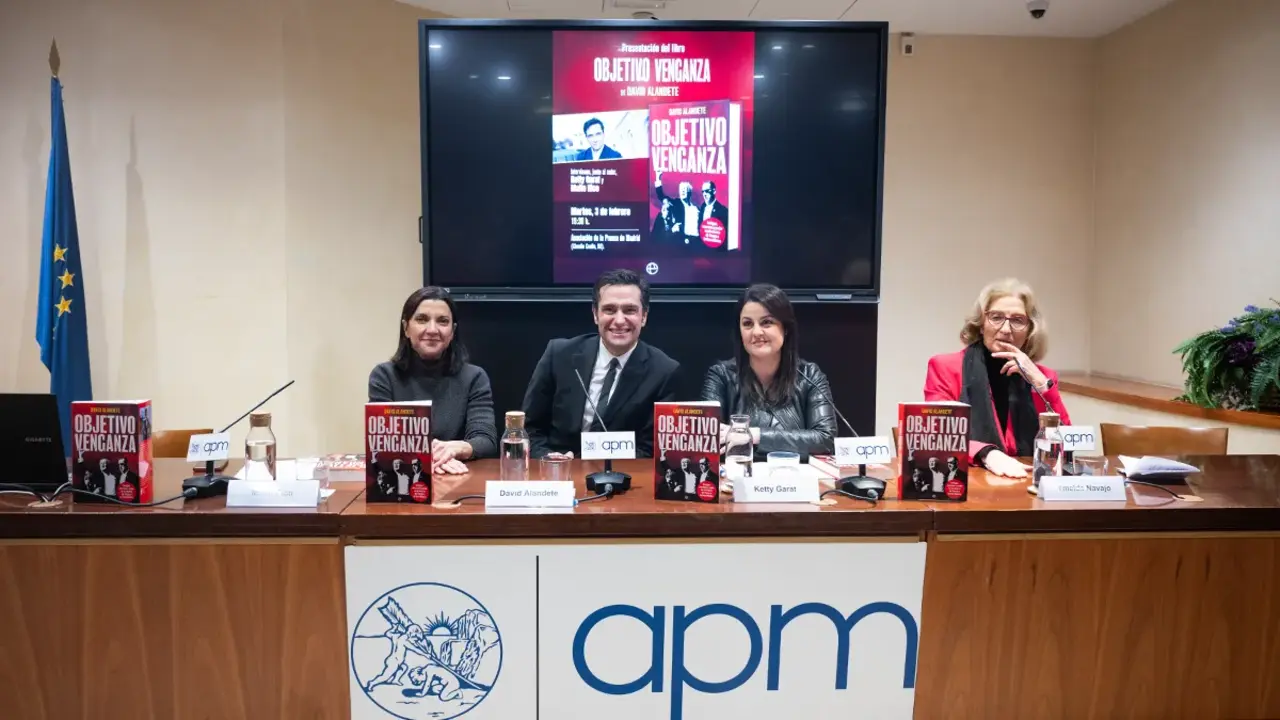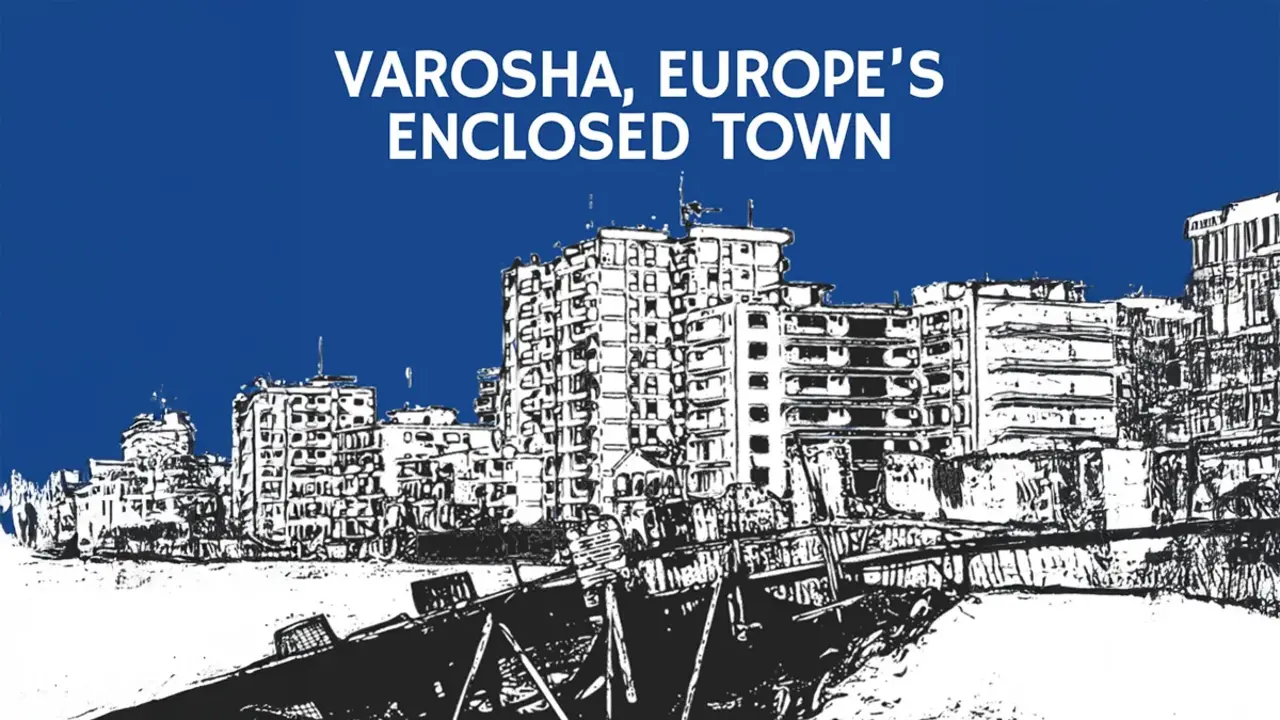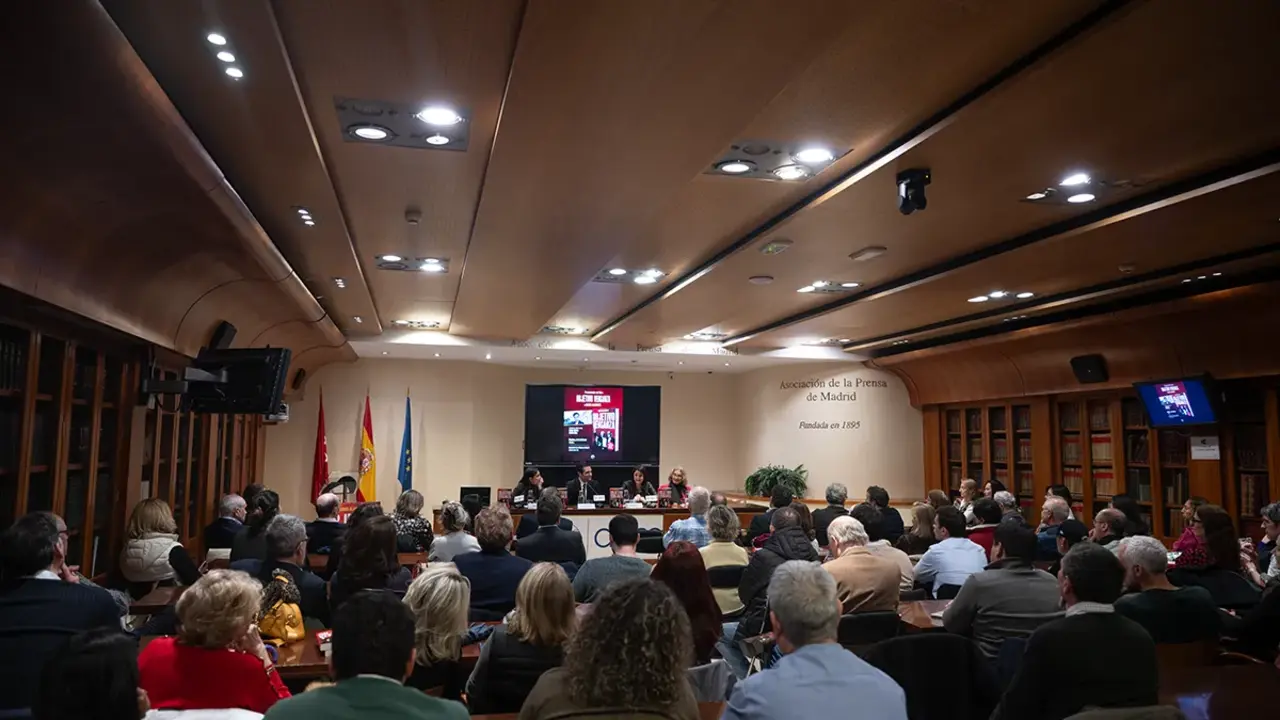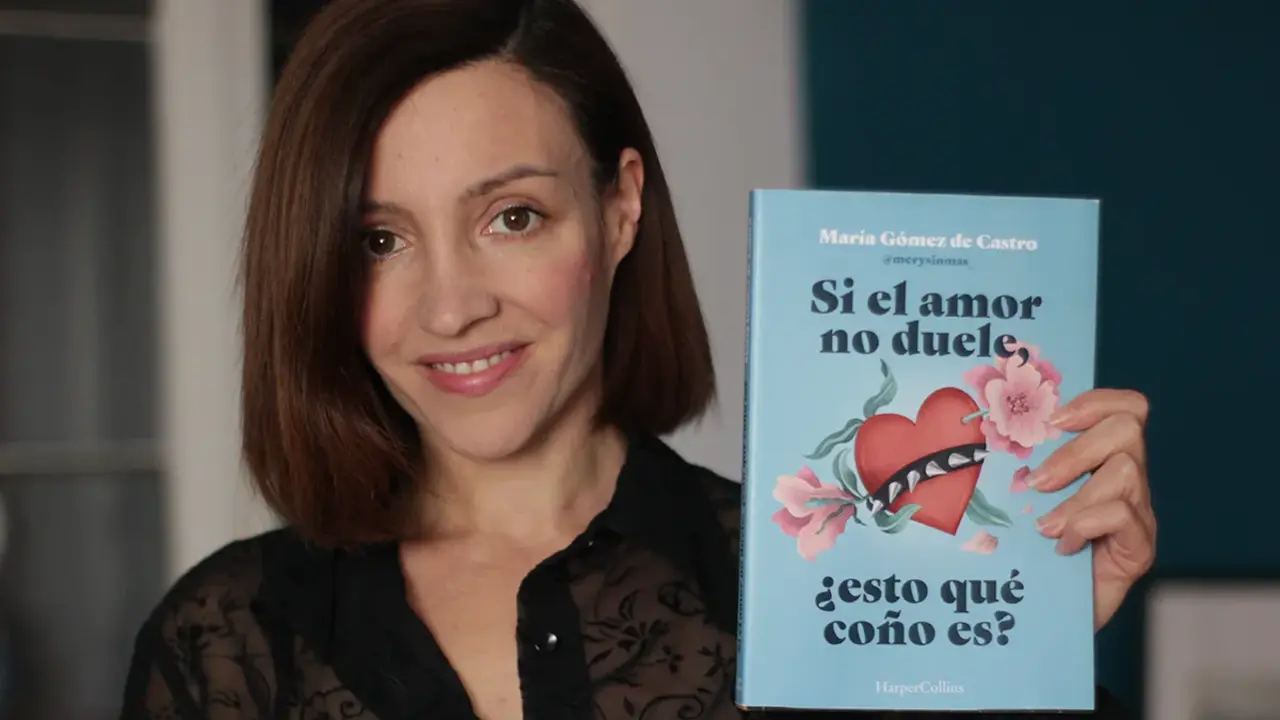Lucas Martin: "We are on the Ukraine screen and the next one will be the Arctic"
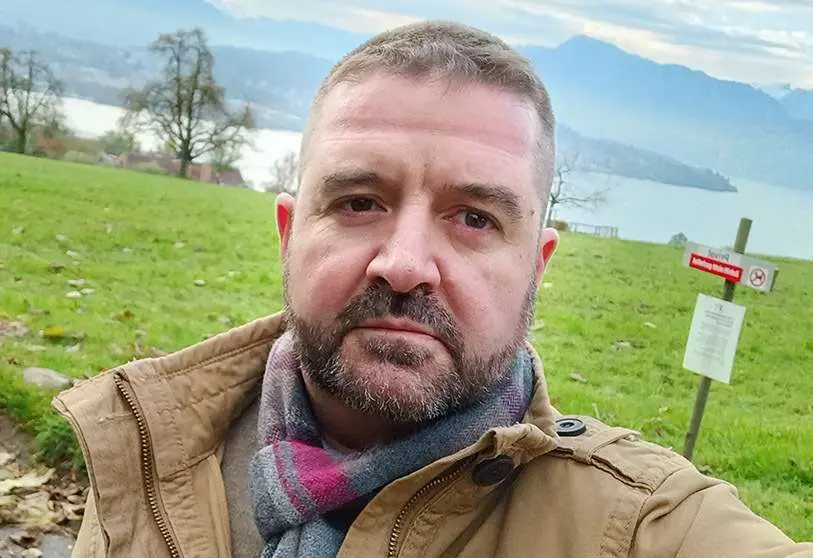
In a globalised world, relevant events transcend local dynamics and respond to external influences. An event is rarely explained by itself, but must be understood in a broader framework. Achieving this peripheral view requires some effort to understand the mechanisms that govern international relations. A mosaic of patterns and alliances that Lieutenant Colonel Lucas Martín Serrano dissects in 'Global Vision', a book in which the author compiles some of the most relevant geopolitical issues of our times.
At the beginning of the book he shows the cards and warns of his inability to specialise in a particular region, because that would mean renouncing others.
Yes, perhaps because of an excess of curiosity. I always come up with subjects that interest me, whether in one region or another. Or even very different topics, because this book is directed towards geopolitics, but I have also kept many other topics focused, for example, on the terrorist phenomenon. Whether for training or work, there are many areas that I have been dealing with for different reasons and that have caught my attention.

In your profession, you have had the opportunity to visit places such as Kosovo, the Darfur region of Sudan, Lebanon, Iraq and Afghanistan. What influence have these experiences had on you?
The influence has been total. It is a privilege to have the opportunity to see places or scenarios that have been shaping the history of Europe and the world over the last 25 years. I have seen things live that few people have had access to. I have had first-hand experiences, I have seen the reality of conflicts, and that marks you. When you are there, you feel the pulse of the people, beyond what the media tells you. That leaves you with a background that, in my case, I wanted to share with others who only see it on television.
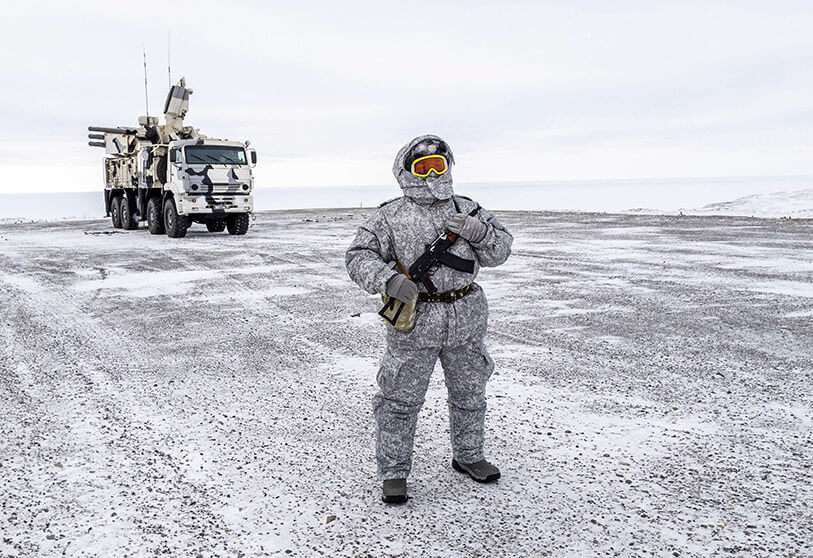
Did you have any specific experiences that triggered you to take the step to write?
In Darfur, I was the only Western officer in one of the African Union camps when there was a confrontation between two local tribes. Overnight, 3,000 refugees appeared within a kilometre of our camp. And when we saw the mass of people approaching, I moved there to see what was going on. All around me were women, old people and children under 12. Everyone else was fighting. And the Janjaweed were shooting holes in cooking pots as they razed villages to the ground. Why? Because a cooking pot is a treasure, a critical resource. But I couldn't pick out one particular anecdote. My restlessness and the fact of seeing the conflicts from the front row led me to it.
What is your documentation work and your method of approaching the issues analysed beyond your actions on the ground?
Thanks to my background in intelligence, which I show in parts of the book even though we talk about geopolitics, I have been able to analyse the different scenarios and go to the causes. In other words, I try to see what is behind it and where it could lead us. That's why I always raise possible scenarios. It's not that I'm playing at being a soothsayer, but I try to trace the historical path of the issue and decipher its trend. That is the idea. And as far as documentation is concerned, I know certain search techniques that allow me to access archives that a cursory search may not be able to find. In fact, I can have more than 10,000 documents stored. For each topic I get between 200 or 300. I consult the ones that interest me and, once I have that, I write a script and define the approach. From there, I build up and contribute my conclusions.

Does 'Global Vision' aim to add to the common knowledge on geopolitics and international relations in Spain, a country generally not very interested in these issues?
My aim is to raise awareness of these issues, to contribute my perspective and to make the disciplines of geopolitics and international relations more visible. Because these are issues that influence the management of a government or a company. It is necessary to know what is happening outside. But I recognise that there is also a certain personal satisfaction behind it.
In line with the latter, in a globalised world like ours, practically any remote conflict is likely to affect us, isn't it?
That's true. This is a flaw we sometimes have in Spain. We think that, for example, what is happening now in Ukraine does not condition us, and we are very mistaken. Whatever happens in one part of the world or another can end up affecting us. That's why it's important to raise awareness.
In 'Global Vision', you delve into five key issues such as Africa, the Middle East, Russia, Turkey and the Mediterranean and, finally, COVID-19. What has been the most complex issue to analyse and what could set the agenda for 2022?
Writing about COVID-19 in the middle of the pandemic was not easy, you had to take a gamble and positioning yourself in one way or another was complicated. Then there were the issues of Africa, because each issue has many ramifications and it is perhaps the one that most influences us due to its proximity. And it is also linked to the terrorist threat in the Sahel. In the coming months, and for obvious reasons, Russia will be in the spotlight because of the crisis in Ukraine.
In the book, you describe the conflict in the western region of Darfur in Sudan, where you were present, how is the area today, and is the country at risk of becoming a nest for terrorist groups again if the political transition fails?
Sudan could not go down that road today. It is unlikely. But if the political crisis is not resolved, it would create the perfect breeding ground for jihadists to try to set up shop there again. As soon as governance or state control is lacking in an area of need, they appear. In Darfur, meanwhile, there has been renewed fighting between ethnic Arabs and Africans not long ago. These are struggles over resources, but they are still ancestral struggles. They do not have the concept of nation, but of ethnicity. And that is the unifying element that makes them fight for survival. Nomads versus sedentary people, pastoralists versus farmers.
Towards the north of the continent we find another type of rivalry, that between Morocco and Algeria for regional hegemony, an issue that you also analyse in the book. What is your perception of the conflict and what are the implications for Spain?
For us it has all the possible implications. North Africa is not our 'backyard', but our front yard. To begin with, our only gas supplier at present is Algiers [after the closure of the Maghreb-Europe gas pipeline through Morocco]. Moreover, it is the stability of that part of the continent that protects us from the jihadist threat. That is why we cannot afford the luxury of a fracture in the area that would cause Morocco or Algeria to fall. If either of them does, we will have a serious problem. And that is that we are hostage to everything that happens there.
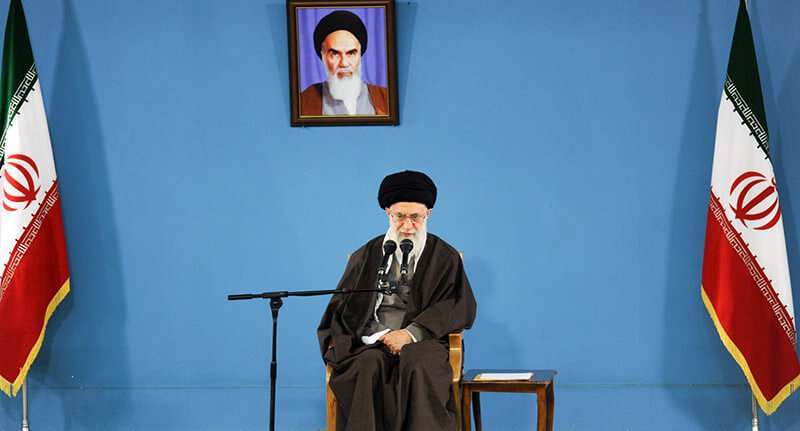
Who would have the upper hand in a hypothetical conflict?
Neither. Both stand to lose, because they would weaken their structures and would be paving the way for jihadist movements to establish themselves in both countries. In this regard, let us remember that Algeria had a very serious problem with jihadism in the 1990s, although it was one of the few countries capable of containing it. And Morocco has had its share of cases in certain areas, and even today there are still certain movements, but it is true that it is much more controlled. Moreover, Rabat is stronger with the backing of the United States in the Western Sahara dispute, a fact that works against Algerian interests. In any case, arms escalation or increased tensions must be avoided at all costs.
In 'Global Vision', you closely follow the jihadist phenomenon in the Sahel: how can the crisis in the region be tackled, how can more resources be allocated to the states or how can the resources that do arrive be optimised?
The solution to the problem of jihadism is not only military, although part of it is. It involves developing the countries in which they are based. The phenomenon always takes advantage of uncontrolled areas where governance does not exist and where there is a lack of resources and infrastructure. That is why, as soon as these terrorist groups appear and provide minimum services and some security, the people recognise them as their rulers to the detriment of the government. To solve this, support must be provided at all levels. Military development, so that they are the ones fighting jihadism, and economic development, fighting corruption. The more developed a region or country is, the less likely it is to be subjected to the jihadist threat.
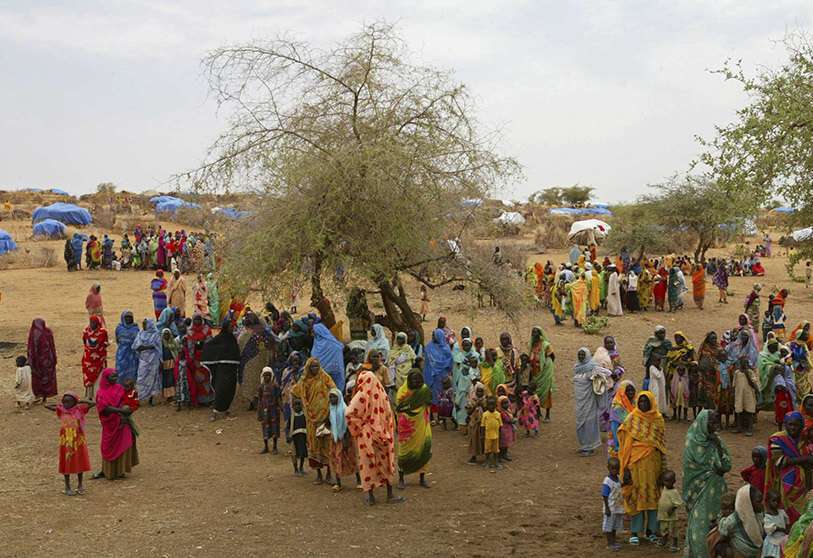
Leaping across the map and into your book, we come to the Middle East, where you delve into Iran's regional role. What has the Abraham Accords changed for Iran? Has the new alliance dynamic turned into an all against Tehran?
More than an all against one, I would say that it is a way of neutralising the threat posed by Iran. Iran is being isolated. In this sense, the Palestinian issue has been Tehran's main argument for activating its militias and achieving its own objectives. But the Arab countries, most of which have vast resources, have realised that they cannot be permanently tied to an enormously complex Palestinian issue, and that it is better to bet on stability.
Another of the issues, practically unknown and in his opinion decisive in the medium to long term, is the Arctic. A few months ago you wrote a series of reports for Atalayar on the subject. What does this scenario involve and what are Russia's aspirations?
The Arctic is the next screen. Now we're in Ukraine, and when it's over the next one will be the Arctic. We are talking about the largest remaining untapped source of natural resources in the world. If a route can be opened, it would be a breakthrough capable of shortening the world's shipping routes like never before. And that is what Russia is working on, developing the systems to be able to exploit the resources, to be able to give the majority area that it is entitled to a legal status. And this brings us to the Pacific, because that route would lead there. It is still a question of control of maritime routes and raw materials.

In the 'Global Vision' you comment that, just when it might have begun to gain prominence, the Arctic issue was pushed into the background by the emergence of COVID-19.
Indeed, before the pandemic there was some information about it. But Russia is in no hurry. The Arctic may not be an issue for tomorrow, and several developments will have to be set in motion before the focus is put on the region. Several actors are holding it in reserve, especially because of the resource issue. When they become scarce, it will be a different story. For the time being, we have the Ukraine issue ahead of us.
Turkey and the Mediterranean occupy much of his analysis. As a resident and expert on the country, what is your perception of the current economic crisis and how can it influence President Erdoğan's ambitious geostrategic plans?
The crisis is pressing; I am experiencing it first-hand. But it is true that Erdoğan's agenda is clear and he remains firm in the belief that, in the medium term, it is this agenda that is going to make the country economically stronger and move forward. Russia's great apprentice is Turkey. Ankara is developing its Blue Homeland doctrine, which draws on the Gerasimov Doctrine. A national plan that uses all its own resources to achieve it. It is a risky gamble, but in Nagorno-Karabakh, for example, Turkey has shown itself to play a leading role. And this week it has offered itself as an intermediary between Washington, Kiev and Moscow. Moreover, Turkey has sold Turkish-made drones to Ukraine. This reflects Erdoğan's unwillingness to relinquish a leading role.
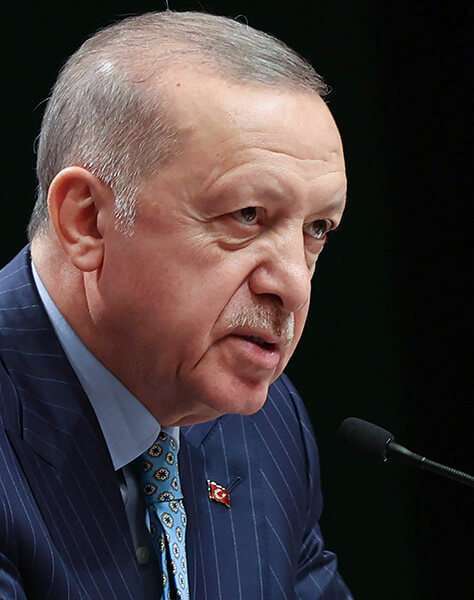
Let's close with a quote from your book in which you say that you "work on documents whose destination is none other than a USB memory stick and a section of your personal archive, at least for the moment". What will be your next step, and will you ever get all those files out of storage?
We are working on it. I do it all in my spare time, and my family is in my face, because it takes me so long. At the moment, the next step will be to publish this book in English. And I also have the second part of 'Global Vision' written, because I divided it between the geopolitical part and the terrorist phenomenon - the second part - where I compile all my work on the subject. It will be in the autumn, in the meantime we will continue to publish and bring out new works.

